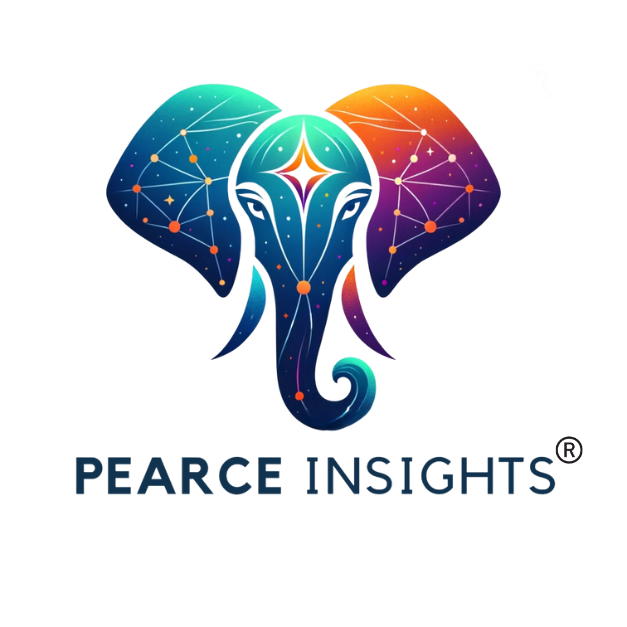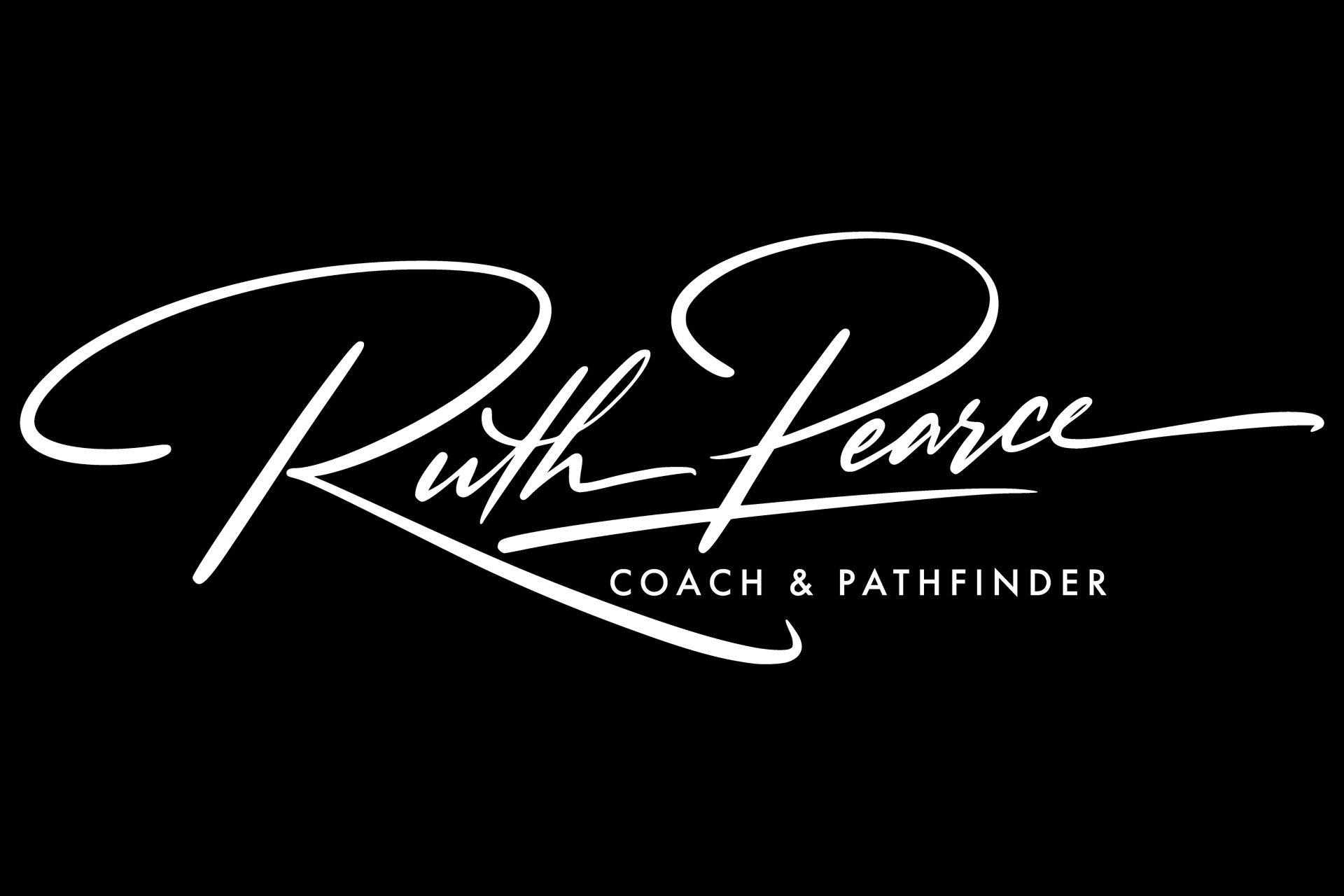How do you know if I am the right fit for you?
And if we are not the right combination, I will help you find the coach that you are looking for!
Meet Typical Clients
Working Alongside Your Team
Established leaders with varying levels of experience and expertise.
Seeking alignment on goals, collaboration strategies, and mental health initiatives.
Alex Morgan - Visionary
Description:An experienced leader who recognizes the need for more effective leadership. Alex feels confident in task management but struggles with interpersonal dynamics, delegation, and inspiring their team. Alex is seeking a strategic approach to leadership that enables long-term success and impact.
Who Alex Is• Confident in Expertise: Alex has excelled in their role for years but feels their leadership potential remains untapped.
• Strategic Thinker: Alex wants to elevate their focus from managing tasks to leading with vision and purpose.
• Growth-Oriented: Open to feedback and ready to develop new skills that will enable them to lead effectively.
Demographics
• Age Range: 35–55 years old.
• Roles: Mid-level managers aspiring to senior leadership roles.
• Industries: Corporate, engineering, project management, or healthcare sectors.
• Geography: Typically based in urban or corporate hubs.
Goals & Aspirations
• Gain clarity on how to balance strategic leadership with operational demands.
• Build stronger trust and engagement within their team.
• Cultivate emotional intelligence to connect with team members effectively.
• Transition from a task-focused leader to a transformational leader.
Pain Points
• Interpersonal Challenges: Struggles with empowering others and managing conflict.
• Over-involvement: Finds it difficult to delegate effectively, leading to burnout.
• Short-Term Thinking: Feels stuck in day-to-day operations and lacks a long-term leadership vision.
Motivations
• Recognition: Seeks to be seen as a visionary and inspiring leader.
• Mastery: Wants to master strategic leadership skills and interpersonal dynamics.
• Impact: Hopes to lead high-performing teams that drive organizational success.
Learning Style
• Interactive & Reflective: Enjoys workshops with opportunities for self-reflection and peer feedback.
• Practical Tools: Prefers actionable frameworks and techniques to implement immediately.
• Scenario-Based: Values real-world examples and role-play exercises.
Program Needs
1. Leadership Frameworks: Actionable strategies for delegation, decision-making, and team building.2. Emotional Intelligence Training: Techniques for improving empathy, communication, and self-awareness.3. Personalized Insights: Opportunities to identify blind spots and develop a tailored growth plan.
What They Want from Coaching
• A clear roadmap for elevating their leadership style.
• Guidance on building trust and engagement within their team.
• Tools to align personal and organizational goals for maximum impact.
Key Quotes • "I’m ready to lead at a higher level, but I need the tools to get there."
• "I want to connect with my team in a way that inspires trust and loyalty."
• "I know I have the potential—I just need guidance on how to unlock it."
Who Alex Is
Demographics
Goals & Aspirations
Pain Points
Motivations
Program Needs
What They Want from Coaching
Key Quotes
Casey Nguyen - Trailblazer
Description:A first-time leader recently promoted from an individual contributor role. Casey is highly skilled technically but feels overwhelmed by the transition to leadership. They are eager to learn but struggle with delegation, confidence, and balancing their workload.
Who Casey Is• Technically Proficient: An expert in their field, now tasked with managing a team.
• Eager to Learn: Open to guidance and coaching to become a better leader.
• Overwhelmed: Feels the pressure of new responsibilities and is unsure how to navigate them effectively.
Demographics
• Age Range: 28–40 years old.
• Roles: First-time team leads or supervisors promoted for technical expertise.
• Industries: Technology, engineering, healthcare, or finance.
• Geography: Professionals in both urban and suburban areas.
Goals & Aspirations
• Develop confidence & competence as a leader.
• Learn how to delegate tasks effectively without feeling they’re losing control.
• Build a cohesive and motivated team.
Pain Points
• Imposter Syndrome: Feels unqualified for their leadership role.
• Over-Dependence on Expertise: Struggles to step back from technical tasks and trust their team.
• Time Management: Finds it challenging to balance leadership duties with ongoing individual tasks.
Motivations
• Validation: Needs reassurance that they’re capable of leading.
• Growth: Seeks to develop leadership skills that complement their technical expertise.
• Team Success: Desires to create a positive and productive team environment.
Learning Style
• Hands-On Learning: Prefers practical exercises and role-play scenarios.
• Clear Guidance: Values step-by-step frameworks for tackling leadership challenges.
• Peer Insights: Benefits from hearing how others have navigated similar transitions.
Program Needs
1. Leadership Fundamentals: Core skills for delegation, prioritization, and communication.2. Confidence Building: Tools to overcome imposter syndrome and step into their leadership role.3. Time Management Strategies: Techniques for balancing leadership with technical expertise.
What They Want from Coaching
• A safe space to explore challenges and build confidence.
• Practical tools to navigate their new leadership role.
• Opportunities to learn from peers and build a support network.
Key Quotes • "I’ve been great at my job, but now I need to lead, and that feels completely different."
• "I want to inspire my team, but I’m not sure how to start."
• "I need help figuring out how to let go and trust my team."
Who Casey Is
Demographics
Goals & Aspirations
Pain Points
Motivations
Key Quotes
Transformation Seekers & Empowerment Champions
Description:This audience consists of self-driven individuals who value personal and professional growth. They are willing to invest in themselves to gain the insights, tools, and support needed to achieve meaningful transformation. They seek a structured coaching experience that balances group dynamics with personalized 1:1 attention.
Who Seekers Are• Motivated and Self-Aware: They recognize the need for change and are ready to take actionable steps toward improvement.
• Diverse Backgrounds: Participants include professionals at various career stages—emerging leaders, experienced managers, and mid-career professionals looking for fresh perspectives.
• Goal-Oriented: They want clarity, accountability, and momentum in achieving personal and professional aspirations.
• Community-Oriented: They value learning from and with others in a group setting, appreciating shared experiences and collective wisdom.
Demographics
• Age Range: 30–55 years old.
• Roles: Mid-career professionals, team leaders, entrepreneurs, and career transitioners.
• Industries: A mix of corporate, nonprofit, healthcare, tech, and small business sectors.
• Geography: Primarily remote participants from across regions, accustomed to virtual engagement.
Goals & Aspirations
• Clarity and Focus: Gain a deeper understanding of personal goals and develop a clear action plan to achieve them.
• Skill Development: Improve leadership, emotional intelligence, and decision-making skills.
• Community and Connection: Build meaningful relationships with like-minded individuals to share experiences and grow together.
• Balance and Resilience: Learn strategies for managing stress, avoiding burnout, and achieving work-life harmony.
Pain Points
• Feeling Stuck: They feel they’ve reached a plateau in their career or personal life and are unsure of the next steps.
• Lack of Clarity: They struggle to identify and prioritize goals amidst competing demands.
• Isolation: They crave connection with others who understand their challenges and can provide support.
• Limited Access to Coaching: They cannot afford or justify the cost of extensive 1:1 coaching but still want expert guidance.
Motivations
• Personal Investment: Willing to invest in themselves to build a foundation for long-term success.
• Accountability: Seeking a structured program to keep them on track.
• Belonging: The group dynamic appeals to their need for connection and shared learning.
• Transformation: They are driven by the desire to create meaningful change and reach their full potential.
Learning Style
• Interactive & Collaborative: Thrives in environments where they can discuss and share ideas with peers.
• Actionable Tools: Prefers practical strategies and exercises that can be immediately applied.
• Balanced Coaching: Values a mix of group discussions and personalized 1:1 attention to address specific challenges.
• Reflective: Appreciates journaling prompts, self-assessments, and guided reflections to deepen insights.
Program Needs
1. Group Coaching Dynamics: Structured group sessions that foster collaboration, discussion, and mutual support.o Guided exercises and frameworks to explore key topics such as hope, strengths, bravery, and curiosity.
2. 1:1 Coaching Touchpoints: Limited but impactful 1:1 sessions to address individual challenges and tailor strategies.3. Practical Tools & Resources: Worksheets, templates, and guides for goal setting, action planning, and progress tracking.4. Flexibility and Accessibility: Virtual program delivery with sessions scheduled to accommodate busy professionals.
What They Want from the Program
• A safe, supportive environment to explore personal and professional challenges.
• Tangible results: clarity, improved confidence, and actionable strategies to achieve goals.
• A community of peers to inspire and hold them accountable.
• Affordable access to high-quality coaching from an experienced leader like Ruth Pearce.
Key Quotes • "I know I need to make a change, but I don’t know where to start."
• "I want to connect with others who understand my challenges and learn from their experiences."
• "I don’t need a lot of 1:1 coaching, but I’d love some personalized guidance to stay on track."
• "I’m ready to invest in myself—I just need a program that’s flexible, actionable, and worth the time and cost."
Synergists Leadership Team
Description:
A cross-functional leadership team looking to align their goals and strategies. They aim to enhance collaboration, foster a supportive culture, and improve team dynamics while addressing workplace mental health and resilience.
Who They Are
• Collaborative Professionals: Leaders from various functions who value teamwork and shared growth.
• Diverse in Experience: Team members with varying levels of leadership expertise.
• Growth-Focused: Committed to learning how to lead more effectively as a collective.
Demographics
• Age Range: 35–55 years old.
• Roles: Directors, department heads, and senior managers.
• Industries: Corporate, healthcare, nonprofit, and government sectors.
• Geography: Often based in organizations with remote or hybrid teams.
Goals & Aspirations
• Create a unified vision for leadership and workplace culture.
• Build trust and psychological safety within the team.
• Learn strategies to manage stress, foster resilience, and improve team dynamics.
Pain Points
• Misaligned Goals: Struggles to communicate and collaborate effectively across functions.
• Burnout Risks: Challenges in managing their own stress while supporting their teams.
• Cultural Gaps: Need to build inclusivity and psychological safety within the organization.
Motivations
• Impact: Want to create a lasting legacy of positive leadership.
• Synergy: Improve how they work together and support their teams.
• Resilience: Build mental and emotional strength within their leadership team.
Learning Style
• Interactive Workshops: Prefers hands-on activities and group discussions.
• Case Studies: Values real-world examples to connect theory to practice.
• Collaborative Learning: Appreciates opportunities to learn from and with their peers.
Program Needs
1. Unified Leadership Vision: Tools to align on goals and strategies.2. Resilience Building: Techniques to manage stress and foster psychological safety.3. Enhanced Communication: Strategies for effective conflict resolution and collaboration.
What They Want from Coaching
• A stronger sense of unity and shared purpose as a leadership team.
• Practical tools to enhance collaboration and decision-making.
• Strategies to model resilience and support mental health in their teams.
Key Quotes • "We want to lead together more effectively and create a culture of trust and support."
• "We need tools to navigate stress and help our teams thrive."
• "Our leadership team has great potential—we just need to align and grow together."
Goals & Aspirations
What They Want from Coaching
Key Quotes
Our Vision
- Our online courses start with a thorough explanation of the topic covered.
- Our unique 3-part layout provides the best visual quality on the web.
- All our lessons are applied to common industry practises so that you understand how to use the theory in a practical context.


